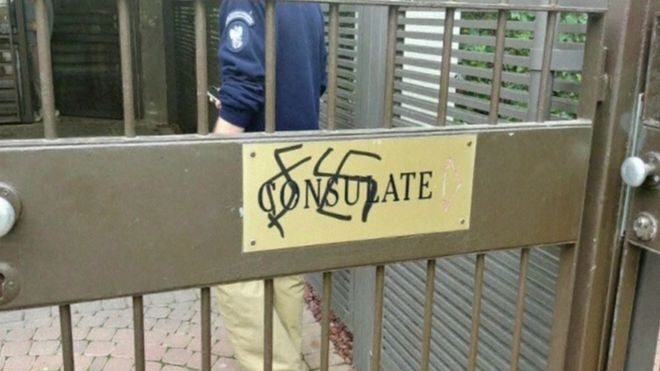 REUTERS
REUTERS
Swastikas have been drawn on the gates of Poland's embassy in Israel, a day after the country's PM said Jews were among perpetrators of the Holocaust.
Police in Tel Aviv launched an inquiry after profanities and the word "murderer" were also discovered.
Polish PM Mateusz Morawiecki's comments have been strongly condemned by Israel.
He has since said through a spokeswoman that he did not intend to blame Jewish victims for "a Nazi German perpetrated genocide".
The fresh dispute comes just weeks after Israel criticised a new Polish law making it illegal to accuse the Polish nation or state of complicity in Nazi crimes.
The legislation was signed into law by President Andrzej Duda but also referred to the country's highest court to consider its constitutionality.
What happened at the Polish embassy in Tel Aviv?
Swastikas and anti-Polish profanities were on Sunday found drawn in marker pen on the gates and also on a bulletin board.
No-one has so far claimed responsibility for vandalising the diplomatic mission.
A police investigation is now under way, Tel Aviv authorities say.
What about Mr Morawiecki's comments?
The Polish prime minister made the controversial remarks at the Munich Security Conference on Saturday.
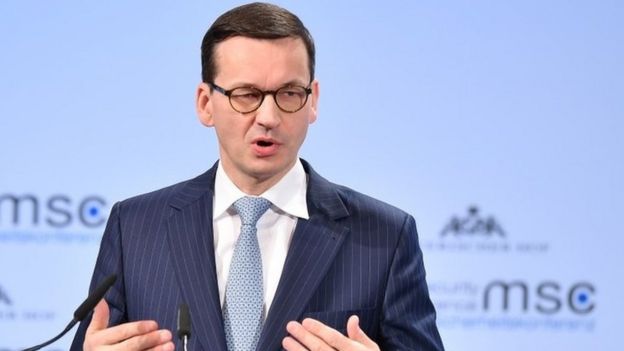 GETTY IMAGES
GETTY IMAGES
He was responding to an Israeli journalist who asked if anyone who said there were Polish collaborators in the Holocaust would be considered a criminal in Poland under the new law.
Mr Morawiecki said: "It's extremely important to first understand that, of course, it's not going to be punishable, not going to be seen as criminal to say that there were Polish perpetrators - as there were Jewish perpetrators, as there were Russian perpetrators, as there were Ukrainian.... not only German perpetrators."
How has Israel responded?
Israeli Prime Minister Benjamin Netanyahu said later on Saturday that the remarks were "outrageous" and showed "an inability to understand history".
On Sunday, he spoke by telephone with Mr Morawiecki to discuss the issue.
In the call, he "pointed out that the goal of the Holocaust was to destroy the Jewish people and that all Jews were under sentence of death", Mr Netanyahu's office said. "He told his Polish counterpart that the distortion regarding Poland could not be corrected by means of another distortion."
Meanwhile, Polish government spokeswoman Joanna Kopcinsk said that Mr Morawiecki's comments in Munich "were by no means intended to deny the Holocaust, or charge the Jewish victims of the Holocaust with responsibility for what was a Nazi German perpetrated genocide".
What does the new Polish law say?
It says that "whoever accuses, publicly and against the facts, the Polish nation, or the Polish state, of being responsible or complicit in the Nazi crimes committed by the Third German Reich… shall be subject to a fine or a penalty of imprisonment of up to three years".
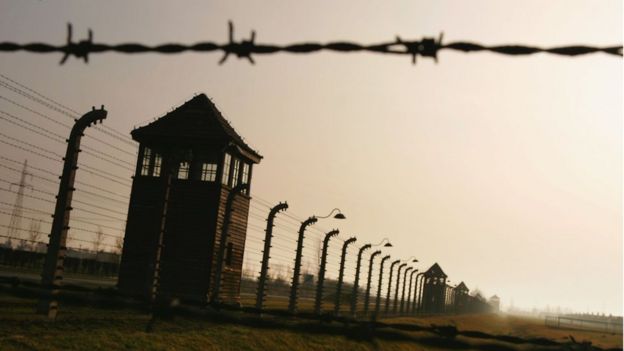 GETTY IMAGES
GETTY IMAGES
But it adds the caveat that a person "is not committing a crime if he or she commits such an act as part of artistic or scientific activities".
The country has long objected to the use of phrases like "Polish death camps", which suggest the Polish state in some way shared responsibility for camps such as Auschwitz. The camps were built and operated by Nazi Germany after it invaded Poland in 1939.
But the more contentious point raised by the law is whether it will outlaw references to acts of individual complicity by Poles with the Nazis - something historians say there is clear evidence for.
The Israelis have been furious about the legislation, which Mr Netanyahu has described as an attempt to rewrite history and deny the Holocaust.
What happened in World War Two?
Poland was attacked and occupied by Nazi Germany. Millions of its citizens were killed, including three million Polish Jews in the Holocaust.
Six million Jews were killed in the Holocaust overall.
More Poles have been honoured by Israel for saving the lives of Jews during the war than any other nation.
However, historians say others were complicit by acts such as informing on Jews in hiding for rewards, and participating in Nazi-instigated massacres including in Jedwabne where hundreds of Jews were murdered by their neighbours.
- Israel rebukes Poland PM for 'Jewish perpetrators' remark
- Poland's Senate passes controversial Holocaust bill
- Naked Auschwitz demonstrators who killed sheep convicted
- The Tattooist of Auschwitz - and his secret love
- Convicted Auschwitz guard Oskar Groening pleads for mercy
- Auschwitz inmate's notes from hell finally revealed
Europe
Five killed in Russia church shooting
- 18 February 2018
- Europe
SPORT Russian suspected of failed doping test
- 18 February 2018
- Sport
Latvian central bank boss detained
- 18 February 2018
- Europe

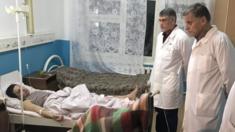


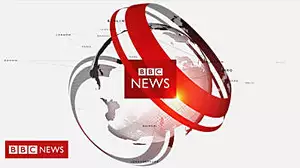
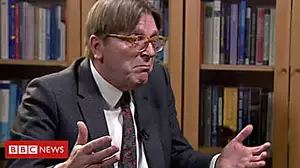

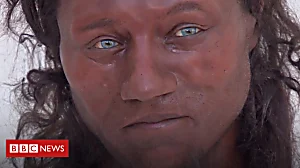

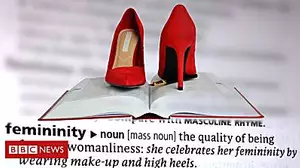
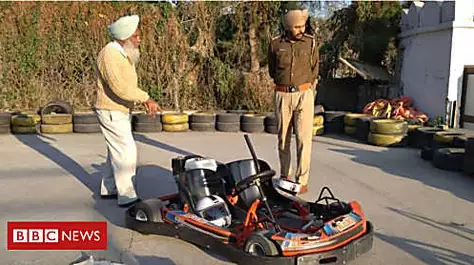

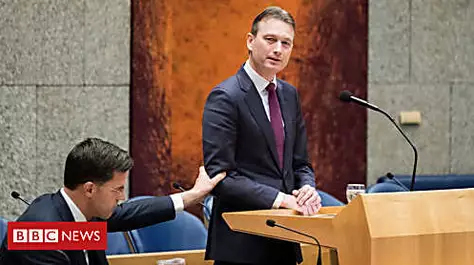
No comments:
Post a Comment